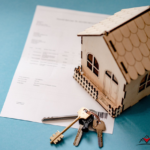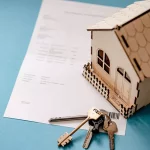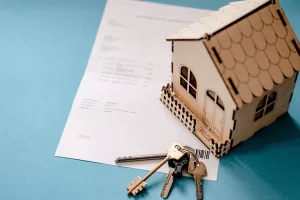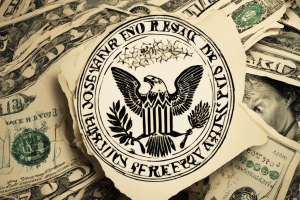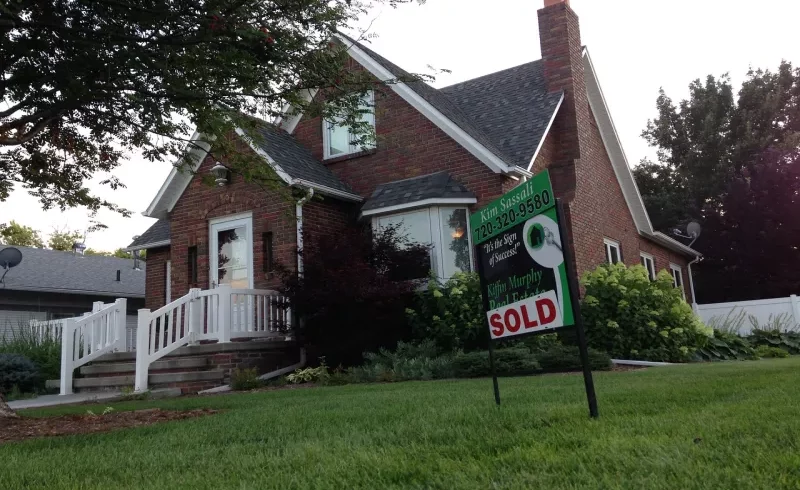
The Refinancing Dilemma in 2024
As homeowners grapple with the financial decisions surrounding their mortgages, the prospect of refinancing looms. Refinancing offers the chance to lower monthly payments if interest rates fall, but it's not without its costs. With average closing costs hovering around $5,000, according to Freddie Mac, homeowners must weigh these expenses against potential savings. The current trend of rising interest rates, with the average 30-year fixed-rate mortgage at 7.76%, prompts a crucial question: will 2024 bring the relief of lower rates?
Experts like Dan Richards of Flyhomes and Jeremy Schachter of Fairway Independent Mortgage Corporation suggest a potential drop to mid-to-low six percent by the end of next year. This forecast hinges on the Federal Reserve's policies, inflation rates, and the broader economic climate, including a possible recession and higher unemployment rates.
Refinancing Strategies and Opportunities
The decision to refinance should be tailored to individual circumstances. For instance, homeowners saddled with high-interest debt might consider a cash-out refinance, while others could benefit from switching to a conventional loan to eliminate mortgage insurance. The old wisdom of waiting for a 2% rate drop before refinancing is contested by Schachter, who argues that even a slight decrease in interest rates in 2024 could justify the decision, especially for those with FHA loans looking to avoid lifetime mortgage insurance.
Conversely, Jeff Levinsohn, CEO at House Numbers, expresses skepticism about the refinancing prospects in 2024. He points out that most homeowners already have rates below 6.5%, and the anticipated rate drops may not be sufficient to warrant refinancing costs. However, for recent homebuyers with higher rates, the opportunity may still be ripe, particularly if they have taken out home equity loans.
The Calculus of Refinancing
Before leaping into refinancing, it's crucial to crunch the numbers. Shopping around for the best interest rates, calculating monthly savings, and determining the breakeven point post-closing costs are all prudent approaches. Levinsohn suggests a “0.5% rule” as a benchmark for considering refinancing, applicable to both traditional mortgages and home equity loans.
The risk of rates dropping further post-refinance is a gamble. While homeowners can refinance multiple times, each comes with additional costs and complexities. Richards advises homeowners to consider their unique financial situations, including loan size, remaining mortgage balance, and local costs, before deciding.
The Risks of Cash-Out Refinancing
Cash-out refinancing, while tempting as a means to consolidate high-interest debt, carries its own set of risks. It increases overall housing debt and can leave homeowners vulnerable if property values decline. Schachter cautions that while there's no immediate indication of a housing bubble, the market's unpredictability means that home values could still decrease, affecting future refinancing or selling prospects.
In summary, while refinancing in 2024 may benefit some, it's not a one-size-fits-all solution. Homeowners must carefully consider their current rates, the predicted market trends, and financial situations. For those contemplating refinancing, exploring mortgage refinancing options now could provide a clearer picture of the potential benefits and risks.

James Smith is our editor. He is an accomplished and versatile news writer with over a decade of experience covering a wide range of topics, including politics, business, and real estate. Throughout his career, James has been dedicated to uncovering the truth and presenting unbiased, factual reporting to his audience.



